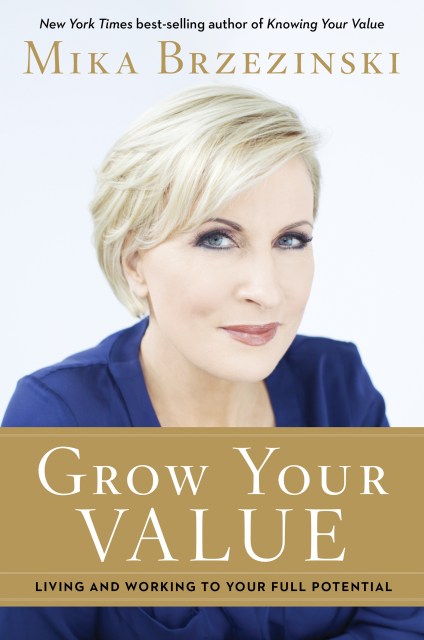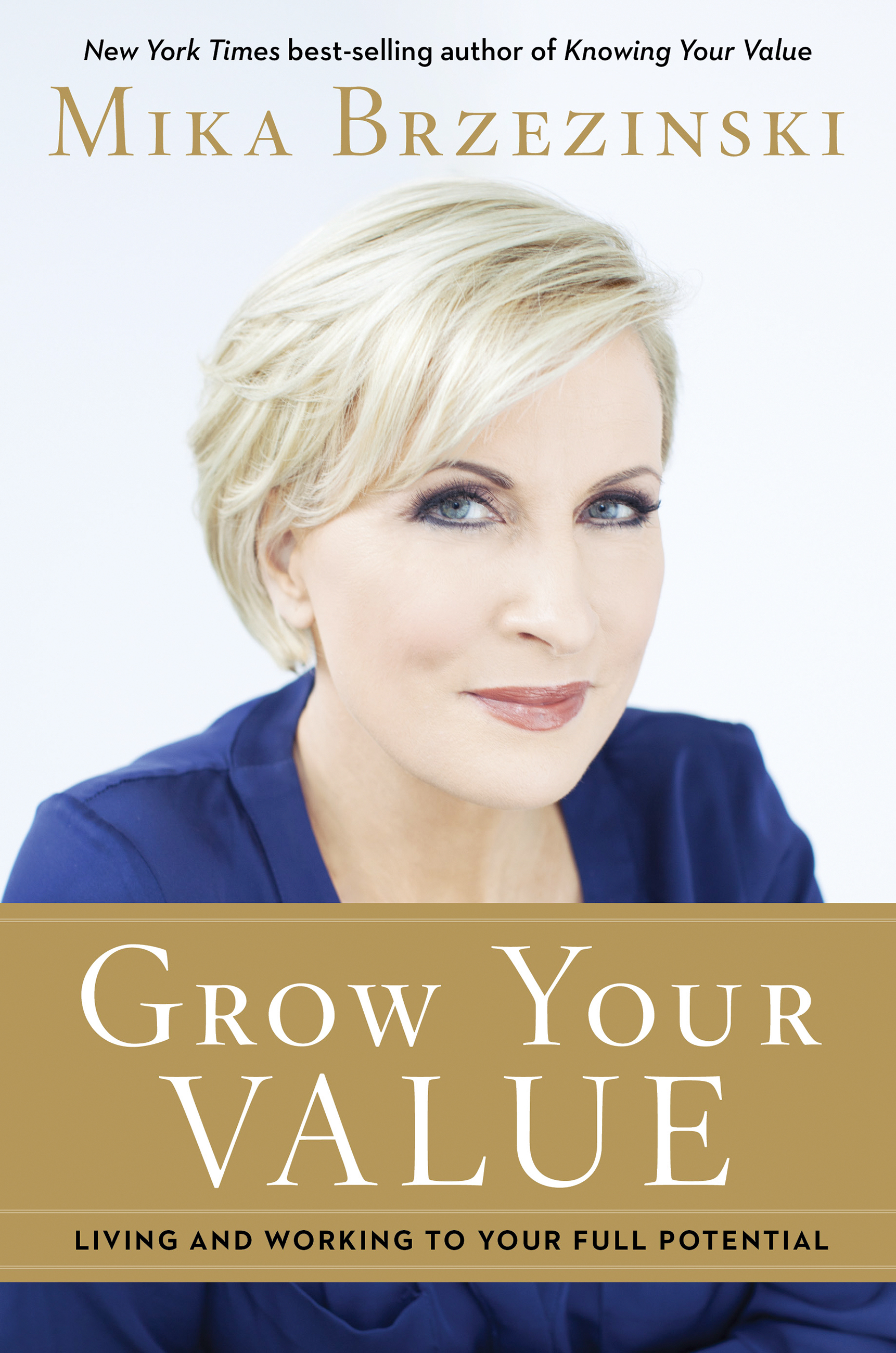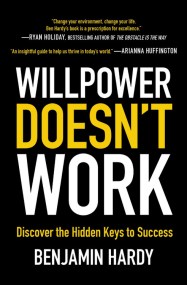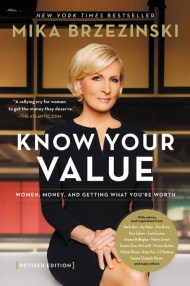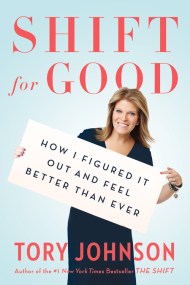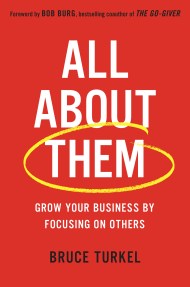Promotion
Use code MOM24 for 20% off site wide + free shipping over $45
Grow Your Value
Living and Working to Your Full Potential
Contributors
Formats and Prices
Price
$13.99Price
$17.99 CADFormat
Format:
- ebook $13.99 $17.99 CAD
- Hardcover $26.00 $32.50 CAD
This item is a preorder. Your payment method will be charged immediately, and the product is expected to ship on or around May 12, 2015. This date is subject to change due to shipping delays beyond our control.
Also available from:
Mika Brzezinski, Morning Joe co-host and New York Times best-selling author of Knowing Your Value, has built a career on inspiring women to assess and then obtain their true value in the workplace. In her books and in her conferences, Mika gives women the tools necessary to advocate for themselves and their financial futures. But that is only the first step; once you know your value, you need to grow it — both professionally and personally.
Drawing on deeply revealing conversations with powerful and dynamic women, input from researchers and relationship experts, and her own wealth of experience, Mika helps women pinpoint their individual definition of success. She advises her readers to define the “professional value” that encompasses their worth in the workplace, and the “inner value” made up of their core beliefs and goals.
Women can stop feeling overwhelmed, overscheduled, frantic, and forever guilty — but only if they choose their objectives confidently and unapologetically, and focus their efforts accordingly. Mika encourages women to stop seeking the unobtainable “work-life balance,” and instead pursue a life of honesty and authenticity, where career and home life combine rather than collide.
Genre:
-
Endorsements:
Praise for Grow Your Value:
“An inspiring evaluation of the potentatial women have to create fully productive lives at work and at home.” – Kirkus Reviews
Praise for Obsessed:
"The writing is vivid and raw... Get the conversation going Obsessed does. And for that reason alone, it is an incredibly brave and important piece of writing." – Fortune
Praise for Knowing Your Value:
"A rallying cry for women to get the money they deserve." – TheAtlantic.com
Praise for All Things At Once:
“A refreshingly pragmatic approach for the professional woman: don't wait to have children and don't let your job treat you like a bad boyfriend.” – Publisher's Weekly
“Filled with as much self-deprecating candor as self-congratulatory bromides, Brzezinski and coauthor Paisner nonetheless offer a realistically detailed portrait of the pitfalls to be avoided on one's professional and personal paths to success.” – Booklist
“Penetratingly honest... a straight-from-the-shoulder everywoman story, told with heart and verve. I loved it.” – Lesley Stahl, 60 Minutes and CBS News correspondent
- On Sale
- May 12, 2015
- Page Count
- 304 pages
- Publisher
- Hachette Books
- ISBN-13
- 9781602862692
Newsletter Signup
By clicking ‘Sign Up,’ I acknowledge that I have read and agree to Hachette Book Group’s Privacy Policy and Terms of Use
